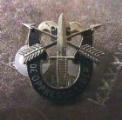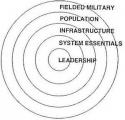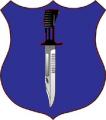Could the Military Decisionmaking Process be dead? They seem to think so over in the Danger Room:
http://www.wired.com/dangerroom/2009...ybrid-threats/
Who are these "little known" theorists advancing the "design" method of operations planning? We could probably debate the legitimacy of design for a while, but what I want to know is who can throw in some of the actual facts about the real changes we can see in the future. How will this affect the fact that culture is finally getting its due as a distinct and significant element in planning? Anyone?











 .
.




Bookmarks